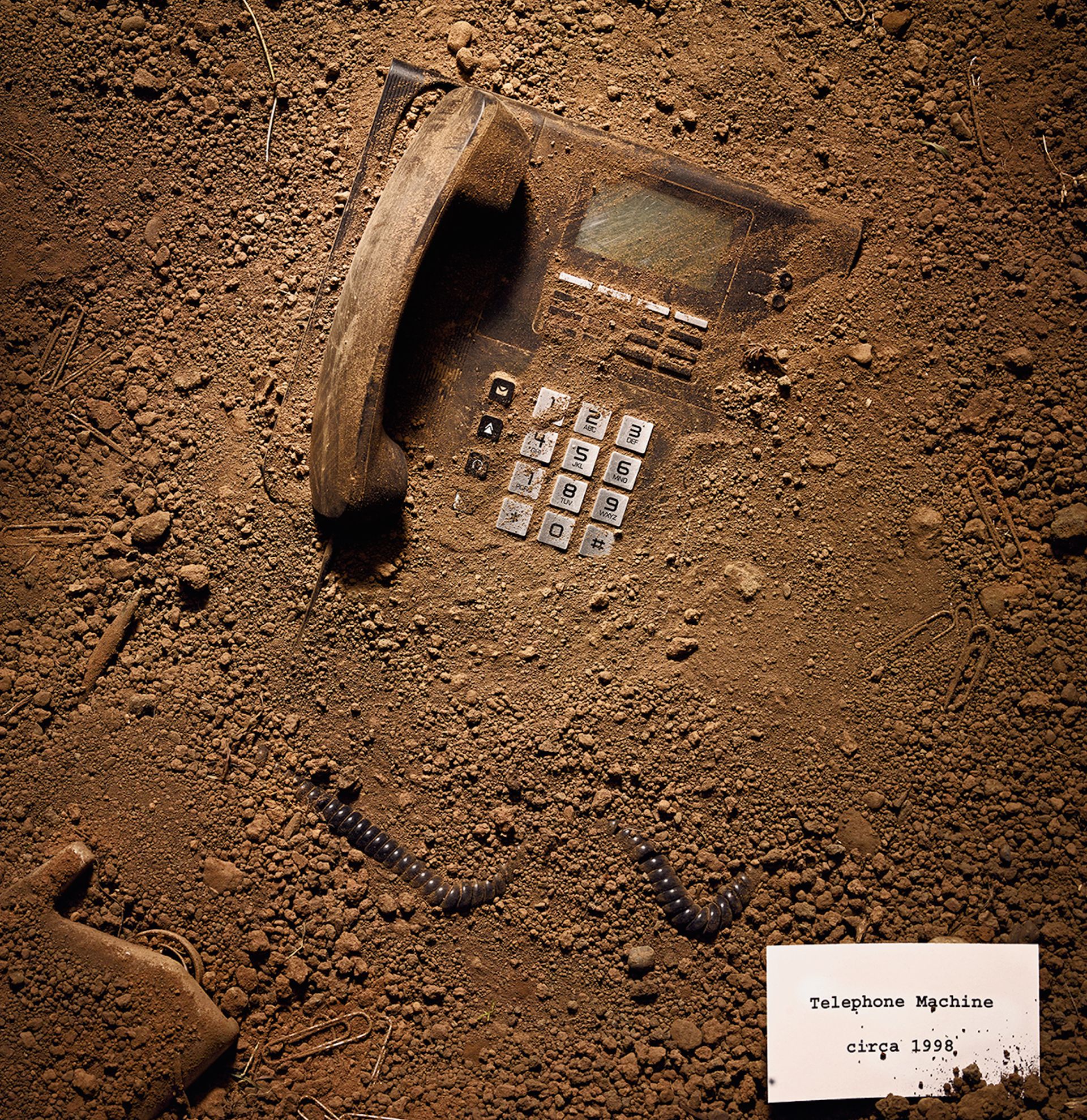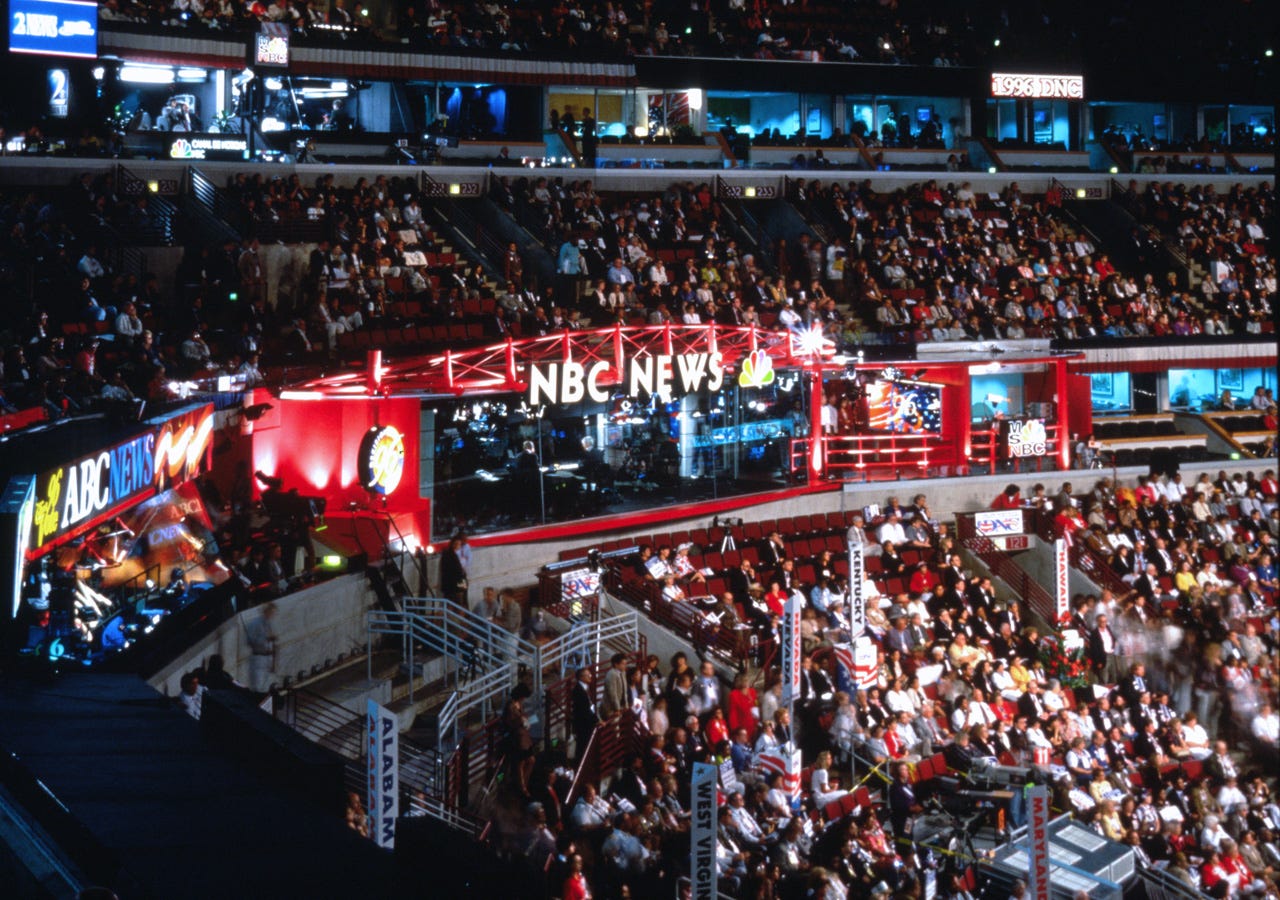The following post was prompted by the Guardian article linked below.
The second Iraq war instigated by the younger Bush was based on lies. The collateral damage done there, not only to the Iraqi people, but to our own soldiers, has been an ongoing series of lies; especially as it relates to the Depleted Uranium shells, as well as the indiscriminate burning of chemical weapons.
What we did with atomic weapons testing is also testimony to the history of such lies when a government puts supposed national security above all other considerations.
The cliche of choice here, certainly, is falling back on one form or another of the nostrum that "being the arsenal of freedom" requires some sacrifice. And, as with all good propaganda, there is an element of truth there; after all, getting the "Biggest Stick" before Fascist Germany did had very real practical value, just as it can be argued that using it on Imperial Japan saved both sides the greater number of lives that an actual invasion would have involved. And make no mistake, the bomb would have been invented whether we lead the way or not.
Things get a great deal more slippery, however, when "National Security" broadens into the sphere of economics.
Nations certainly have to keep some sense of economic security in mind. Critical resources, and their manipulation, or denial, by others can be just as much a weapon as a B2 bomber. But when do objective considerations of what constitutes reasonable access to various needed industrial inputs end, and the egregious corporate control of same for increased profit begin?
So much of our history with South America, for example, can be laid at the feet of the economic colonialism we were talked into. Bananas, sugar, and various metals, just to name a few items, created tremendous economic impact here, but the cost in corruption, and poverty induced instability there have hardly made the trade off unambiguously cost effective.
If the trade of resource and material had been truly an equitable two way street, certain groups here wouldn't have been enriched to the degree they were, but we probably still would have gotten the industrial inputs we needed. We might also have had to put up with ideologies that certain here interests were afraid of, but not automatically adverse to trading with us.
This sort of resource rape continues of course, but now the recipient entities no longer identify themselves within singular nation states. They use them, naturally, as they would use any resource, but they see it only in the context of another cost factor to be applied with only the most favorable cost benefit ratios for their pan national interests.
Sad as that may be, it gets even worse in as much as destruction of all sorts can be a profit center any more. As such Permanent war makes money. Permanent sickness makes money. Permanent poverty makes money.
And when there are few places they can live in comfortable isolation any more you can bet they will convince the various nation states to compete to build them their ultimate gated community in orbit somewhere only they can afford to live in. All the while keeping the rest of us working within the confines of scarcity, desperation, and the few crumbs of bliss they will keep just enough continuously entertained with.
The fact of the matter is that we are lied to on an at least semi-regular basis because the anger the truth would release could lead to chaos. We are also lied to because it continues to benefit a few who owe allegiance only to themselves, and/or the corporate entity they serve. A good number of people compromise with the latter to prevent the former. One might even grant them the label of the well intended. They maintain themselves on the hope that the greed can be moderated, and/or reasoned with.
The bottom line here, however, is that the risk of chaos that telling the truth would entail, as well as with starting over with a new operating model, is rapidly being outweighed by the risk of fundamental collapse by a host of intertwining system instabilities; natural, and artificial; leveraged by the amplification of everything we do by electrified information retrieval.
Pain and suffering are already swirling around us in ever greater concentrations. Chaos in one form or another is increasing in probability. Taking the bull by the horns, is it were, is, in my mind, the only way we will have any hope of managing that chaos towards a useful end. We need to get started sooner rather than later.
 Hollywood and the downwinders still grapple with nuclear fallout
Hollywood and the downwinders still grapple with nuclear fallout







![A new look at temperature data from around the world shows that the rate of climate change is still getting larger, contrary to the latest report by the IPCC. [Credit: NOAA's National Centers for Environmental Information]](http://blogs-images.forbes.com/matthewfrancis/files/2015/06/no-hiatus-hockey-stick.jpg)





